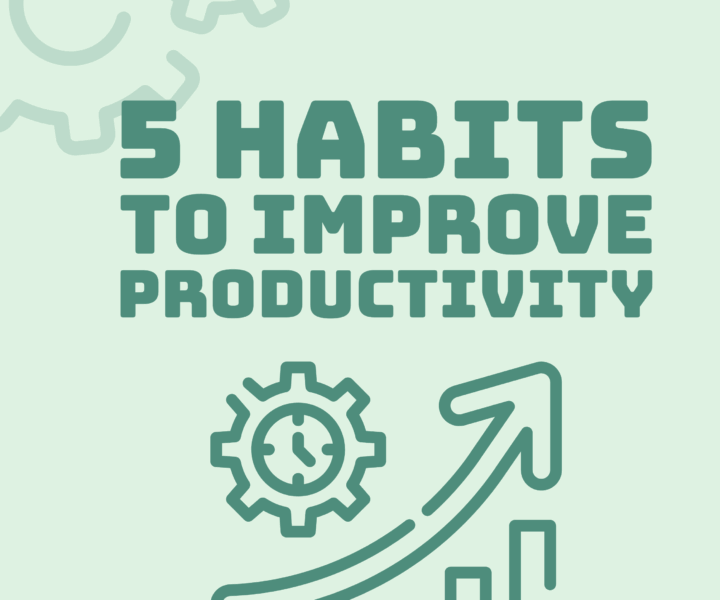Are you second guessing your career? Whether you are getting ready to graduate or in the middle of your degree, you are not alone! When students enter college, they think they have an idea of what they want to do as a future career. They choose a major, take certain courses, gain experience, and, in some cases land an internship.
However, the path from graduation to a lifelong career is not as straightforward as it seems. In fact, many graduates find themselves rethinking their careers shortly after stepping into the professional world. But how common is it for students to change their career path after graduation?
The Reality
Career changes post-graduation are more common than you might think. A Federal Reserve Bank of New York study found that only 27% of college graduates are working in a job related to their major. This statistic highlights a significant disconnect between what students study in college and the careers they end up pursuing. That said, the rise of new technology, various industries and the nature of work are changing the job market every day.
Reasons Behind the Shift
A lack of job satisfaction or passion in a chosen field, which becomes apparent after working, are some of the reasons why graduates decide to change their career paths. Other students discover new interests they did not realize they had during their college years.
Internships and work experiences often play a significant role in this realization. As students are exposed to different professional environments, they may find that their passions lie elsewhere or that they can express these passions in different ways.
According to the Society for Human Resource Managment, most students change their careers because there is a raise in pay, their goals are changing, they are unsatisfied with their job and/or they want more flexibility. Furthermore, more job opportunities in different fields can be a motivator for a career change.

“Growing up, I always wanted to be a coach. However, when I entered my final year of field hockey, I started to think I wanted a better work-life balance in the future,” Communication Team GA Emma Hilton said. “When I got a graduate assistantship at the Digital Corps, I discovered new ways to have a career in sport while also having a better work-life balance. This opportunity opened my eyes to careers in communications and social media management in sport that I hope to pursue.”
The Financial and Emotional Impact
Changing career paths can come with its own set of challenges, both financial and emotional. These challenges can be overwhelming, but it is important to remember not to panic. When changing your career path, there may be costs associated with furthering your education, obtaining various certificates and/or attending training sessions.
All these costs can add up quickly, so remember why you are doing this. Although this time may cause you to alter your budget, it can bring personal growth and exploration. According to a study from the University of Phoenix, 58% of working adults are considering a career change, highlighting that this is a common contemplation among professionals, regardless of their career stage.
Success Stories of Career Changes
Considering that more than half of professionals consider changing their career, how many actually do? According to UKG, 29% of adults change their careers successfully. There have been countless stories of individuals who have shifted their careers from roles in tech, healthcare or animation and used their previous experiences and skills to excel in a new field.

“As I began to understand what the day-to-day job would really look like, I realized that it wasn’t for me. While my degree gave me a lot of the technical and design knowledge that is necessary in a makerspace, it didn’t give me much of a background in directing community engagement or managing a facility. I relied on the assistance of colleagues and tapping into knowledge that I had gained from other positions to make up the difference,” Fabrication Lab Manager Andrew Arthur said. “A degree isn’t a binding contract to any profession, and the skills that I gained were still very relevant to a ton of other positions outside of the architecture field. Eventually I landed a job running a makerspace, which was almost entirely centered on things that I had learned as an architecture student.”
These stories serve as a reminder that changing your career path is not only possible but can also lead to greater fulfillment and success.
Navigating the Transition
If you’re a college student or a soon-to-be graduate considering a career change, here are some steps you can take to help during the transition.
- Identify your transferable skills: Many of your skills and abilities will be useful throughout multiple industries and/or careers.
- Networking: This is crucial! Connecting with professionals in your desired field will help you gain insight and advice.
- Seek out a mentor: This should be someone who can guide you through the process. Some of these resources are available for online courses, certifications, and workshops.
Changing your career path after graduation is intimidating, but many graduates find that their passions are in a different field and lead to greater personal and professional satisfaction!



